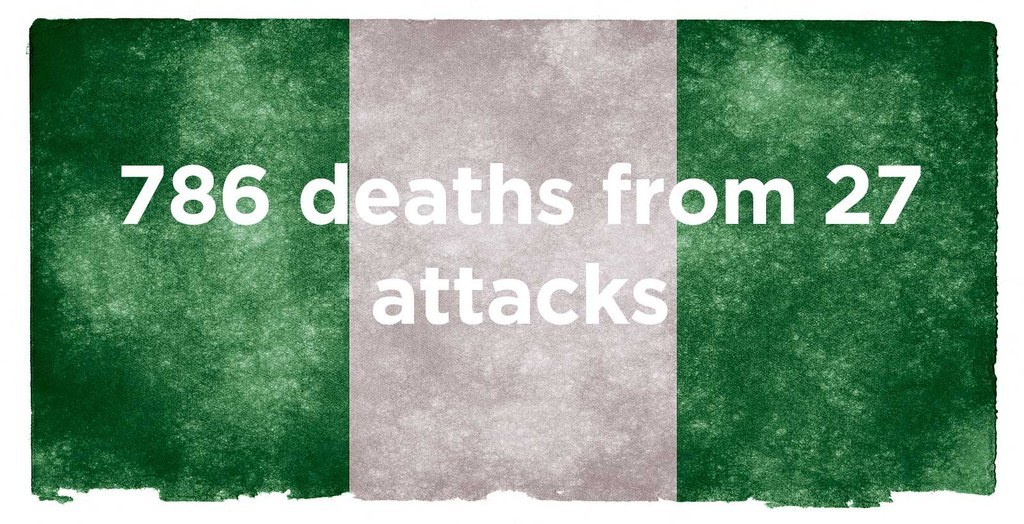The human toll of conflicts involving jihadi fighters was laid bare today as new figures showed that more than 5,000 people were killed by them during November.

The data, gathered by the International Centre for the Study of Radicalisation (ICSR) at King's College London and the BBC, shows that 5,042 people were killed in 664 attacks across 14 countries during November 2014.
On the worst single day, 2 November, 410 people were killed in 41 separate attacks, the researchers found.
The researchers identified 16 jihadi groups who claimed responsibility for the attacks, including the Islamic State of Iraq and Syria (ISIS), which was responsible for 308 attacks and 2,206 deaths – or 44% of the total deaths counted.
The study defines "jihadism" as "as a modern revolutionary political ideology mandating the use of violence to defend or promote a particular very narrow vision of Sunni Islamic understandings".
Iraq suffered the month's highest jihadi-related death toll, the study found.

Nigeria was the next worst-affected country, "highlighting the deadly nature of Boko Haram's bomb attacks", the researchers said.

The most bloody single attack was at the Grand Mosque in Kano, Nigeria,
Four countries – Iraq, Nigeria, Syria, and Afghanistan – accounted for 80% of deaths.
The researchers also break down the kinds of people who died: 2,079 civillians were killed, against 1,723 military personnel and 935 jihadis.
ISCR director Peter Neumann said:
First and foremost, our data highlights the significant human cost of jihadism. In just one month, jihadist groups killed 5,042 people – the equivalent of three attacks on the scale of the London bombings in July 2005 each day.
The data makes it clear that jihadists and al-Qaeda are no longer one and the same. Sixty per cent of jihadist deaths were caused by groups that have no formal association with al Qaeda, and they are the ones who will vie for leadership of the movement.
The overall picture is that of an increasingly ambitious, complex, sophisticated and far-reaching movement. Though comparisons are difficult, it seems obvious that the jihadist movement – which, only three years ago, everyone expected to be in a state of terminal decline – are stronger than ever, and that countering them will be a generational challenge.
